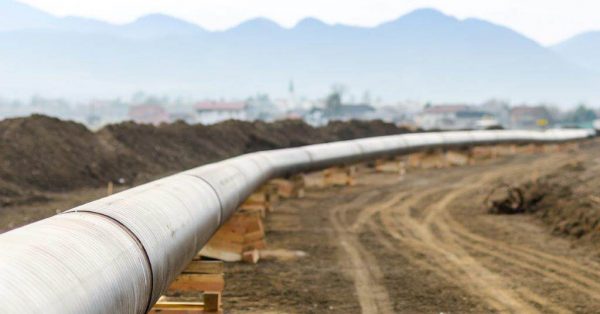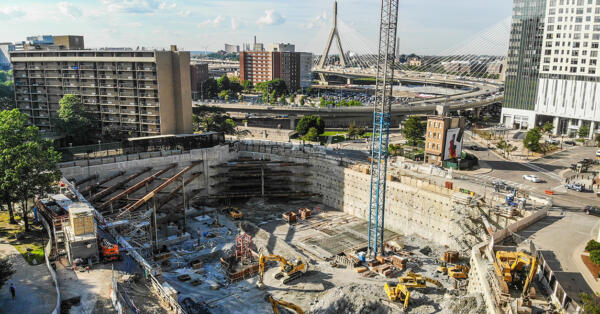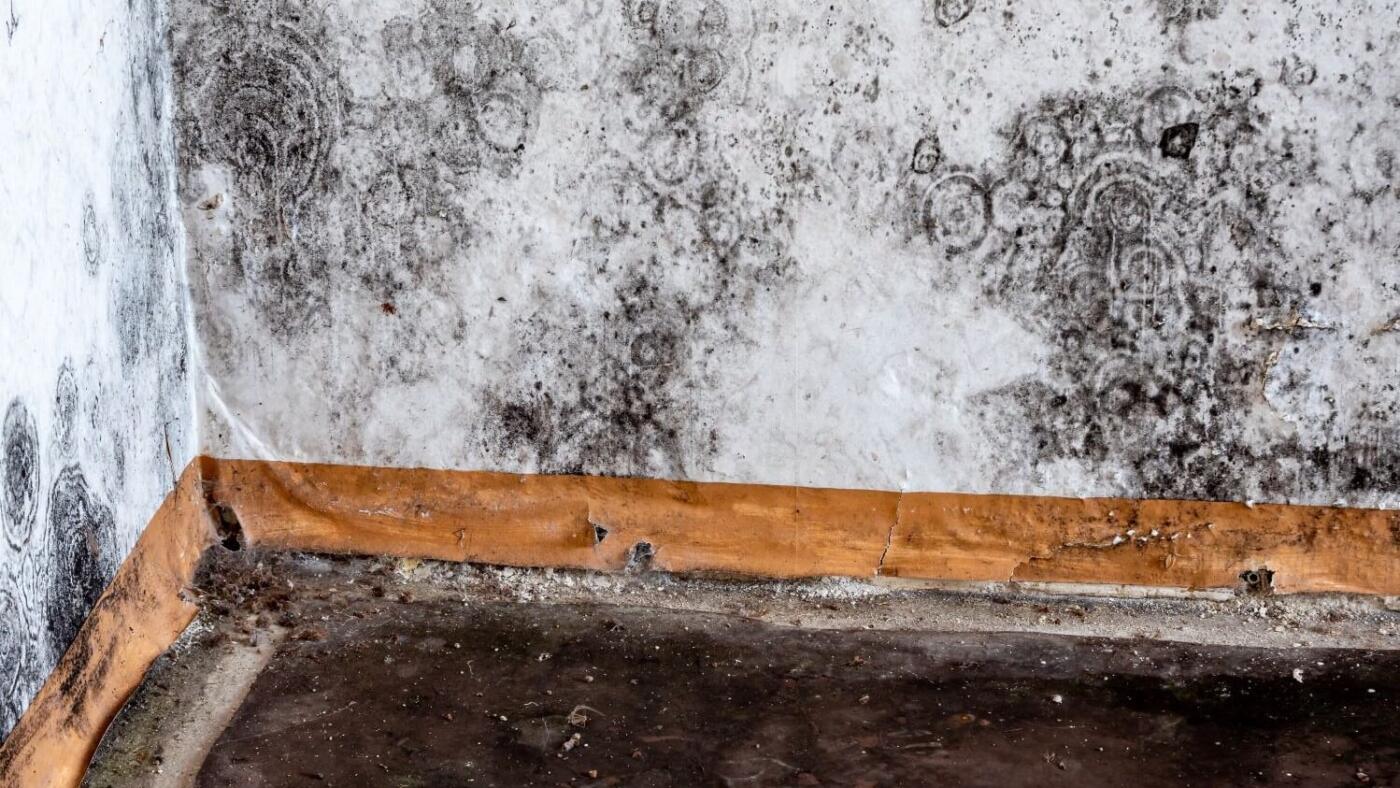The Texas Mold Assessment and Remediation Rules (TMARR) became law on May 16th, 2004, and have been in effect since that date. Implementation and enforcement, however, did not begin until 2005. The Texas Department of State Health Services (TDSHS) was originally the State agency in charge of administration and control of the mold laws in Texas, but effective November 1, 2017, the Mold Program was transferred to the Texas Department of Licensing and Regulation (TDLR) in accordance with Senate Bill 202 (during the 84th regular Session 2015).
Mold can be a problematic environmental concern that can create issues for building owners ranging from expensive property damage and lost rents to tenant lawsuits related to mold-related illness. However, owners and property managers can do a lot to manage mold once it is discovered. Many insurance companies no longer cover mold losses in Texas, and quick action can help determine whether there is a loss in insurance coverage.
Are Texas Mold Laws different from other State regulations?
The Texas Mold Regs are different from most other state regulations because they regulate activities, not specific individuals or business entities. Specifically, these regulations apply to anyone conducting mold-related activities that affect indoor air quality. You must rely on a reputable and licensed mold consultant to determine if mold laws affect you and your building directly.
Texas Mold Regulations Scope of Authority (effective September 1, 2017)
TMARR applies only to the regulation of mold-related activities that affect indoor air quality, including a mold-related activity performed by a third-party (consultant) for compensation at a property owned or operated by a governmental entity. However, the rules do not apply to:
- routine cleaning;
- the diagnosis, repair, cleaning, or replacement of plumbing, heating, ventilation, air conditioning, electrical, or air duct systems or appliances;
- commercial or residential real estate inspections;
- the incidental discovery or emergency containment of potential mold contamination during the conduct or performance of services related to mold remediation and consulting;
- the repair, replacement, or cleaning of construction materials during the building phase of the construction of a structure;
- the standard performance of custodial activities for, preventive maintenance of, and the routine assessment of property owned or operated by a governmental entity; or
- a pest control inspection conducted by a person regulated under Chapter 1951. [1]
It is important to remember that TMARR exempts building owners and operators from civil liability in certain circumstances. A property owner is not liable for damages related to mold remediation on a property if (1) a certificate of mold remediation (CMDR) has been issued for that property; and (2) the damages accrued on or before the date of the issuance of the CMDR.
Disaster Declarations
During the catastrophic Hurricane Harvey in 2017, over 300,000 structures were flooded when up to 60 inches of rain fell over a 48-hour time period. The resulting flooding in most of Houston as well other surrounding cities caused an estimated $125 billion in damage, making Harvey the costliest tropical cyclone worldwide, as well as the costliest tropical cyclone in Texas history. The resulting mold impacts from that storm made a terrible situation even worse. VERTEX’s team of technical professionals provided environmental remediation and insurance claim support to a variety of clients during the aftermath of this catastrophic event and the ensuing cleanup efforts.
During Hurricane Harvey, and again during the 150-year winter storm in February 2021, Texas Governor, Greg Abbott, issued a declaration of disaster which directly affected building owners and operators. The declaration specifically waived the requirement that a mold remediation project must have a mold assessment prior to disturbing the affected building materials. The February 12th declaration was extended on March 15, 2021, and will be evaluated on the 15th of each month following. This waiver applies to mold remediation projects conducted by in-state and out-of-state remediators, for the duration of the declaration. This waiver only applies to buildings affected by the storm and does NOT apply to assessments when one is desired.
Asbestos Inspections
Many of the building materials affected by mold are considered potential asbestos-containing building products. An asbestos inspection must be completed prior to ANY disturbance of building materials. This requirement is not waived during periods of disaster declarations.
When mold appears, what should you do?
There are many challenges that arise if mold is found at a property. Should you have air samples collected? Do you need a bulk sample? Is it covered under insurance? The difficulty of navigating a mold loss increases daily because no action can lead to increased amounts of visible mold growth (VMG). To protect yourself and/or your tenants, a licensed Mold Consultant should be contacted to assess the situation and assist with a remediation plan.
How Can VERTEX Help?
VERTEX maintains several licensed Mold Consultants throughout the state of Texas and has extensive experience managing large losses.
To learn more about VERTEX’s Environmental Claims Consulting and Remediation services or to speak with an Environmental Expert, call 888.298.5162 or submit an inquiry.
Authored by: David Scates





